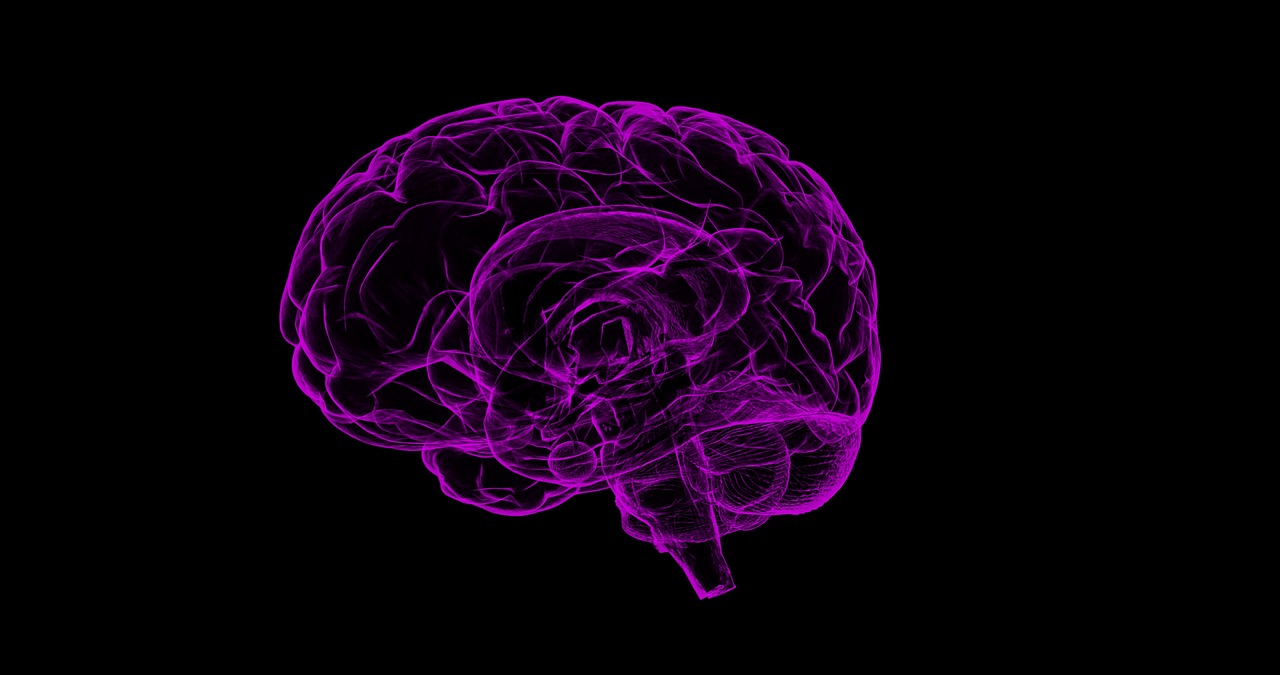Forgetfulness is a common experience that we all encounter at some point in our lives. From misplaced keys to forgotten appointments, these lapses in memory can be frustrating and even worrisome. However, forgetfulness is usually a normal part of the aging process or a result of temporary factors such as stress or lack of sleep. In this article, we will explore the various causes of forgetfulness and provide practical solutions to help improve memory and cognitive function.
- Age-related Forgetfulness:
As we age, it is natural for memory to decline to a certain extent. Age-related forgetfulness typically manifests as occasional lapses in memory, such as forgetting names or misplacing objects. These memory changes are a result of normal brain aging, including a decrease in brain volume and changes in the structure and function of brain cells. While age-related memory decline is inevitable, there are strategies to help slow down the process and improve memory performance. - Stress and Forgetfulness:
Stress can have a significant impact on memory and cognitive function. When we are stressed, the body releases stress hormones that can interfere with memory formation and retrieval. Chronic stress can lead to memory problems, difficulty concentrating, and impaired cognitive abilities. To combat stress-related forgetfulness, it is crucial to implement stress management techniques such as exercise, relaxation exercises, and mindfulness practices. - Lack of Sleep:
Adequate sleep is essential for optimal brain function, including memory consolidation. During sleep, the brain processes and stores information acquired throughout the day. Insufficient sleep can lead to difficulties in memory formation and retention. To combat sleep-related forgetfulness, it is important to prioritize sleep hygiene, establish a regular sleep routine, and create a sleep-friendly environment. - Medical Conditions:
Certain medical conditions can contribute to forgetfulness. Conditions such as depression, anxiety, thyroid disorders, and vitamin deficiencies can impair memory and cognitive function. Additionally, chronic conditions like Alzheimer’s disease and other forms of dementia are characterized by progressive memory loss. If forgetfulness is persistent or accompanied by other concerning symptoms, it is important to consult a healthcare professional for a proper diagnosis and treatment plan. - Medications and Forgetfulness:
Certain medications, including those used to treat anxiety, depression, and sleep disorders, can have side effects that affect memory and cognitive function. If you suspect that your medication may be contributing to forgetfulness, it is important to consult your healthcare provider. They may be able to adjust the dosage or prescribe alternative medications that have fewer cognitive side effects. - Lifestyle Factors:
Several lifestyle factors can contribute to forgetfulness. A sedentary lifestyle, excessive alcohol consumption, smoking, and poor nutrition can all impact memory and cognitive function negatively. Engaging in regular physical activity, maintaining a balanced diet, limiting alcohol intake, and avoiding smoking can help improve memory and overall brain health. - Multitasking and Information Overload:
In today’s fast-paced world, multitasking and information overload have become the norm. Constantly switching between tasks and being bombarded with excessive information can overload the brain, leading to forgetfulness. To combat this, it is important to practice mindfulness and focus on one task at a time. Prioritizing and organizing information can also help reduce cognitive overload and improve memory retention. - Lack of Mental Stimulation:
A lack of mental stimulation can contribute to forgetfulness. When the brain is not challenged regularly, neural connections weaken, and memory performance declines. Engaging in mentally stimulating activities such as reading, puzzles, learning new skills, and social interactions can help keep the brain active and improve memory function. - Strategies to Improve Memory:
There are several practical strategies that can be implemented to improve memory and cognitive function. These include maintaining a healthy lifestyle, engaging in regular exercise, getting sufficient sleep, managing stress, practicing mindfulness and meditation, organizing information effectively, and utilizing memory techniques such as repetition and visualization.
Conclusion:
Forgetfulness is a common occurrence that can be caused by various factors, including age, stress, lack of sleep, medical conditions, medications, and lifestyle choices. While some causes of forgetfulness are natural and unavoidable, certain strategies can be employed to improve memory and cognitive function. By implementing lifestyle changes, managing stress, prioritizing sleep, seeking medical assistance when necessary, and engaging in mental stimulation, individuals can enhance their memory capacity and overall brain health. Remember, forgetfulness is not always a cause for concern, but if it becomes persistent or interferes with daily life, it is important to seek professional advice.












Most Commented